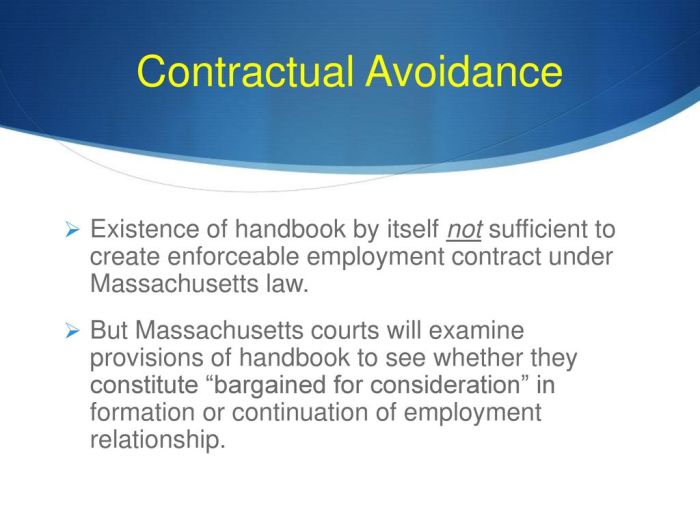Courts generally assume the existence of contractual capacity. – Courts generally assume the existence of contractual capacity, meaning that individuals are presumed to have the legal ability to enter into binding agreements. This assumption is based on the principle of autonomy, which recognizes the right of individuals to make their own decisions and распоряжаться своими делами. However, there are exceptions to this general rule, and courts may find that an individual lacks contractual capacity due to factors such as age, mental incapacity, or intoxication.
The determination of contractual capacity is a complex legal issue that requires careful consideration of the specific facts and circumstances of each case. Courts will consider a variety of factors, including the individual’s age, mental state, and level of understanding of the contract.
In some cases, courts may appoint a guardian or conservator to represent an individual who lacks contractual capacity.
Definition and Scope of Contractual Capacity

Contractual capacity refers to the legal ability of an individual to enter into and enforce contracts. It encompasses the capacity to understand the nature and consequences of a contract, as well as the ability to make rational decisions regarding contractual obligations.
Courts generally assume the existence of contractual capacity unless there is evidence to suggest otherwise. This assumption is based on the principle that individuals are capable of making their own decisions and should be held accountable for the consequences of their actions.
Exceptions to the General Assumption, Courts generally assume the existence of contractual capacity.
There are certain exceptions to the general assumption of contractual capacity, including:
- Minors:Individuals below the age of majority (typically 18 or 21) are generally considered to lack contractual capacity, unless the contract is for necessities such as food, clothing, or shelter.
- Mental Incapacity:Individuals with severe mental impairments may lack the capacity to understand the nature and consequences of a contract.
- Intoxication:Individuals who are intoxicated may lack the capacity to make rational decisions and enter into valid contracts.
Clarifying Questions: Courts Generally Assume The Existence Of Contractual Capacity.
What is contractual capacity?
Contractual capacity is the legal ability of an individual to enter into a binding contract.
What are the exceptions to the general assumption of contractual capacity?
The exceptions to the general assumption of contractual capacity include age, mental incapacity, and intoxication.
What are the consequences of lacking contractual capacity?
The consequences of lacking contractual capacity include the contract being void or voidable.


